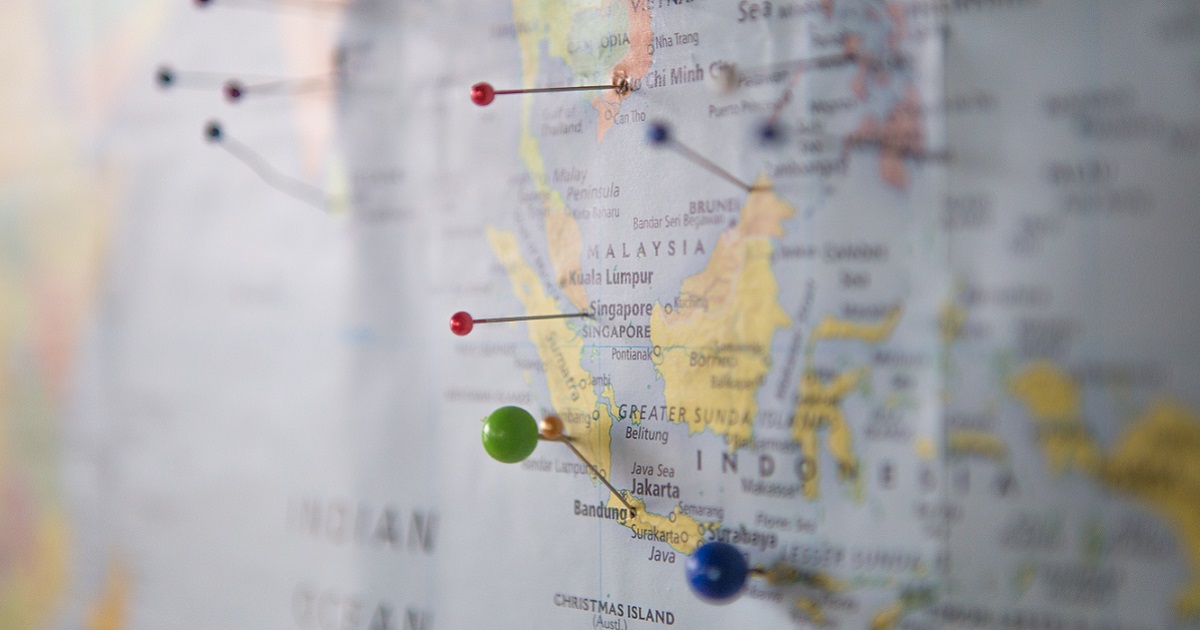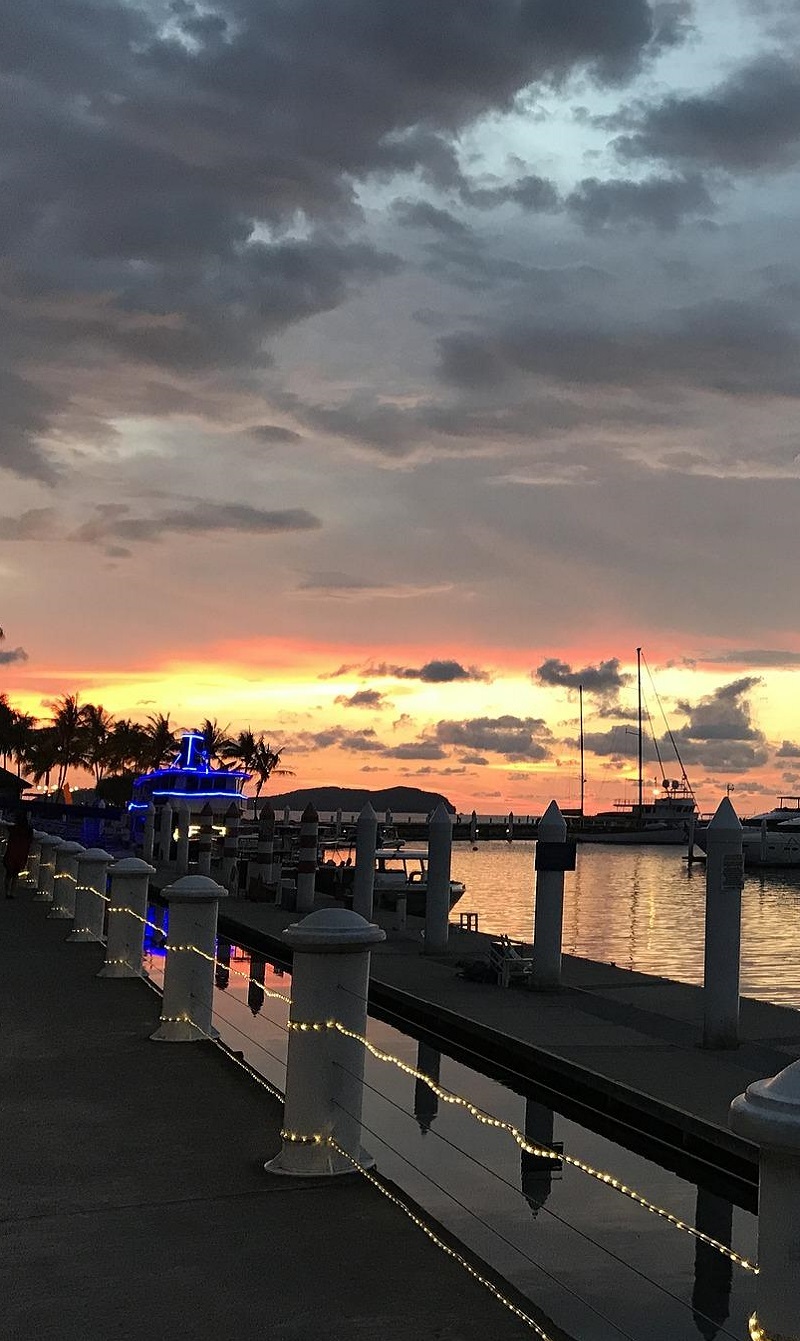Relocating Capitals
Media reports indicate that Indonesia is spending billions in order to move its capital city from Jakarta. While there are very practical reasons for the move, the pressured relocation could be seen as an opportunity for the country given the pros experienced by other countries who have done so in the past.
Here’s the Indonesian reality: Having started as a trading post for Dutch colonialists in the 1600s, the capital city, Jakarta, is now facing myriad environmental problems, many of which, are self-inflicted. The current capital houses over 10 million people. The populous in Jakarta contributes to its already problematic traffic congestion and poor air quality marked by unsavoury pollution. The city is further similar to other island and coastal regions globally who are grappling with climate change and its impact on sea levels. The area has for years been plagued with deadly, highly-damaging floods as sea levels rise.
Jakarta is however unique in how it has contributed to this environmental reality. People have extracted groundwater for drinking water and washing, often through cheaper, ill-coordinated drilling. So much has been extracted that ground levels have been impacted and many surface water sources are polluted. The added the weight of skyscrapers and similar infrastructure, increases the load.
Ground levels and sea levels combined have led to the imminent threat that huge parts of the city will be submerge by 2050. Land is reported to be sinking at a rate of over six inches per year. These problems and the constant devastation in an already strained city is such that a capital relocation was tabled about a decade ago. In April 2019, the tasked National Development Planning Agency’s (Bappenas) head, Bambang Brodjonegoro, announced the move officially.
The new location in East Kalimantan, on the island of Borneo, was announced. Indonesian president, Joko Widodo, took to Twitter to affirm that Jakarta could no longer bear the burden of being the country’s government and trade hub. A reported USD33 billion will be invested to move the capital to offer reprieve from Jakarta’s challenges.
Similar problems do however exist in the new location and support for the move is, at times, divided. For one, environmentalists are concerned that the move will worsen the situation in Borneo. The site offers ample land for building and development but most of this land is currently occupied by tropical forests resting on carbon-rich earth. Development will see deforestation and the release of ground carbon, thereby increasing carbon emissions in the region.
Favourably, the site does offer a safe haven from natural disasters like earthquakes, volcanoes and tsunamis which are common in Indonesia. East Kalimantan is rather developed with a pair of international airports, toll roads and seaports. While Jakarta will still remain the country’s financial center, relocating the capital will serve to address the economic disparity between regions.
History of Capital Moves
Vadim Rossman, in his book Capital Cities: Varieties and Patterns of Development and Relocation, says that, in his experience, the number of new city projects has increased substantially in recent times with more than 40 countries around the world currently grappling with capital relocation. Countries in Asia, Latin America, Africa and post-Soviet states are presently debating such moves.
Rossman’s study that informed his book considers countries who have made such a change in the last 100 years including both developing and developed nations such as Australia, Turkey, Brazil, Pakistan and Nigeria. In every case, the government has a particular rationale for the move. The study emphasises the role of capital city transfers in the context of nation- and state-building. Surveying these examples, Rossman identifies six key drivers of capital relocation decisions – economic, political, geographic, cultural and security considerations.
The capital of Brazil, for example, was changed from Rio to Brasilia in 1960 due to cited economic development reasons. The location ensured that previously isolated northern and western Brazil residents were incorporated into the national economy and easier access to natural resources found in those regions. Political, cultural and even security considerations are found in capital relocations that have taken place in Africa. Decolonisation, nation building and unity have influenced changes such as that of Lagos to Abuja in 1991.
The success of these moves remains a topic for debate between proponents for and against such change, though the fact remains that capitals hold certain distinct benefits.
Pros and Cons
Rossman’s book affirms the view that capital city relocations are a typical theme in political development and, arguably, an essential factor in the history of most nations. The reaped benefits of such previous moves remain debatable in the history of the country, and indeed, the city in question.
Yes, for Indonesia, a capital city relocation resolves the practical issues at hand. Many countries, especially developing ones, exhibit a number of practical problems in their primary cities that are typically also their capitals. The congestion, gridlock, pollution, infrastructure, supporting and underlying socio-economics stand to benefit from some relief as the population and associated dynamics migrate to the proposed new capital location.
The more than 4,000km geographic difference between Indonesia’s western and eastern regions has in the past proven problematic for both economic and political reasons with a resulting disparity between regions. From the financial standpoint, many countries demonstrate that more than 20 per cent of their gross domestic product (GDP) is produced in the capital, relegating other cities and their population to a lesser economic standing. Rossman states that it’s worthy to note that the location and design of a capital city matter for the success as well as viability of the state. A new capital has the potential to create a more polycentric reality and address these imbalances.
Detractors, however, speak to the practical financial outlay such a move requires. While a reported investment of USD33 billion is planned, examples provided by other countries suggest a figure is hard to pinpoint. Similar in situation to Indonesia, Egypt is currently undergoing this process. For similar reasons, the capital is being moved from Cairo to an area 45km east of Greater Cairo which is yet to be named. The planned city will boast, among others, a new presidential palace, a new parliament, a central bank and business district and an airport with planned housing for 6.5 million people. Detractors state that a developing country has limited means to finance such a move.
Indonesia’s planning minister believes their capital move could take 10 years to fully complete. The plan is for Jakarta to remain a financial centre, while governance structures relocate to the new capital. Supporters of such relocations suggest that this dual structure is economically more efficient. The suggested dual arrangement establishes a structure that, by design, prevents the collusion of interests between business and government, and so, corruption is prevented.
Undoubtedly, economic spillover can occur to the benefit of Sabah, Sarawak, Brunei and other Kalimantan cities. Similarly, additional infrastructure such as roads and airports; the development of existing infrastructure; and the potential influx of talent and expertise will serve to bolster the broader regional economy.
Last Words
A capital move isn’t without challenges. If the excitement around such announcements and implementations is to be believed, a brand new capital and the proposed vision of a clean, organised, smart and sustainable city holds much promise. The opportunity does necessitate balance in addressing the fundamental reasons for the move to ensure they are realised. Rossman’s study on the history of capital city relocation suggests reasons in support of the move and successful outcomes.
Read the summary of WIEF Roundtable in Kota Kinabalu session on Indonesia moving Jakarta to Kalimantan here.
Main photo by Capturing the Human Heart on Unsplash.



